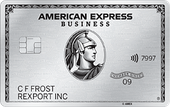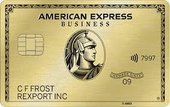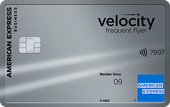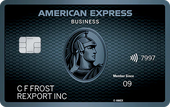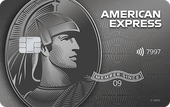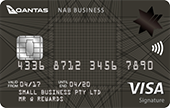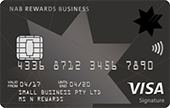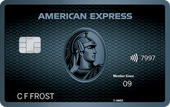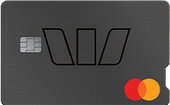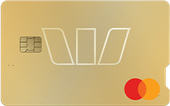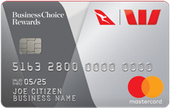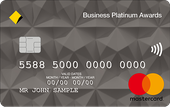Although it might seem unusual, having a category for suitable credit cards for tax payments is important. Many individuals and businesses need to make payments to the ATO, which charges a fee for using credit cards. This guide will help you minimise those fees and understand how to earn points on tax payments using a credit card.
Many rewards and frequent flyer credit cards exclude ATO payments from earning points or only allow points to be earned at a very low rate (often half the rate for standard purchases or less).
Paying the ATO directly using a credit card
If your credit card allows points to be earned on ATO payments, you can earn rewards and frequent flyer points when paying your ATO bill, whether for personal or business income tax, PAYG, BAS payments, or a HECS debt.
There are two ways to pay the ATO directly with a credit card: EasyPay and through your MyGov account.
EasyPay
The ATO website offers EasyPay, which allows you to pay your tax bill using a credit card. This option is available to all taxpayers, including businesses. You need to provide your EFT (electronic funds transfer) code or PRN (payment reference number) and your credit card details. The minimum payment amount is $10, and the maximum is $20 million. Depending on your card’s policies, you might earn no points, or points at a reduced rate, for these payments. The transaction surcharge is 0.73% for Mastercard, 0.78% for Visa, and 1.45% for American Express.
MyGov
Individuals and sole traders can pay the ATO via MyGov. Log in to your MyGov account, select the ATO option, and follow the prompts to enter your credit card details and payment amount. The same disadvantages apply as with EasyPay – zero points or reduced points earning, plus the credit card surcharges.
Paying the ATO with a credit card and a payment processor
If your credit card does not earn points for ATO payments, you can use a payment processor. These services act as intermediaries: you pay them with your card, and they pay the ATO on your behalf, which earns you points at the full rate. However, there is a fee for this service.
Popular payment processors include RewardPay and B2Bpay, along with others like Pay.com.au, Sniip, and YakPay. Fees vary by service and card type, with higher fees for American Express compared to Mastercard and Visa.
RewardPay
RewardPay is a business-to-business payment service that allows businesses to earn points using an American Express card. Both the payer and payee need an ABN, making it suitable for sole traders and small businesses. RewardPay charges a 2.15% fee (including GST) for transactions up to $20,000, with a lower fee for larger payments. This fee is generally tax-deductible.
The benefits include avoiding the ATO’s surcharge and earning points at the normal transaction rate rather than the reduced government rate.
B2Bpay
B2Bpay also facilitates ATO payments on behalf of businesses. Fees start at 1.2% for standard Visa or Mastercard, 1.55% for premium cards, 2.2% for American Express, and 2.4% for Diners Club. B2Bpay accepts all major credit cards and offers additional Qantas Points (1.0 Qantas Point per $100 paid to the ATO).
Paying the ATO using a credit card and BPAY
Banks usually classify BPAY credit card payments as cash advances, incurring higher interest rates and fees with no points earned. If you choose this method, ensure you are aware of these costs.
Is it worth using credit cards to earn rewards on tax payments?
Evaluate the value of rewards points versus the cost of surcharges. Most reward points are worth around 0.5 cents each for retail vouchers, while frequent flyer points are typically worth at least 1.3 cents each for long-haul flights.
If the surcharge cost exceeds the value of points earned, it may be better to pay via BPAY, bank transfer, or debit card. For B2Bpay, additional Qantas points can offset the surcharge cost.
Ensure your card’s monthly or annual points cap isn’t exceeded by the payment to avoid reduced points earning.
How to pay the ATO and avoid a surcharge
Using a credit card is not compulsory. Cheaper alternatives include online bank transfers, BPAY, or debit cards, all with minimal or no surcharges, but without earning rewards points.
For detailed advice, consult your accountant or tax adviser.
